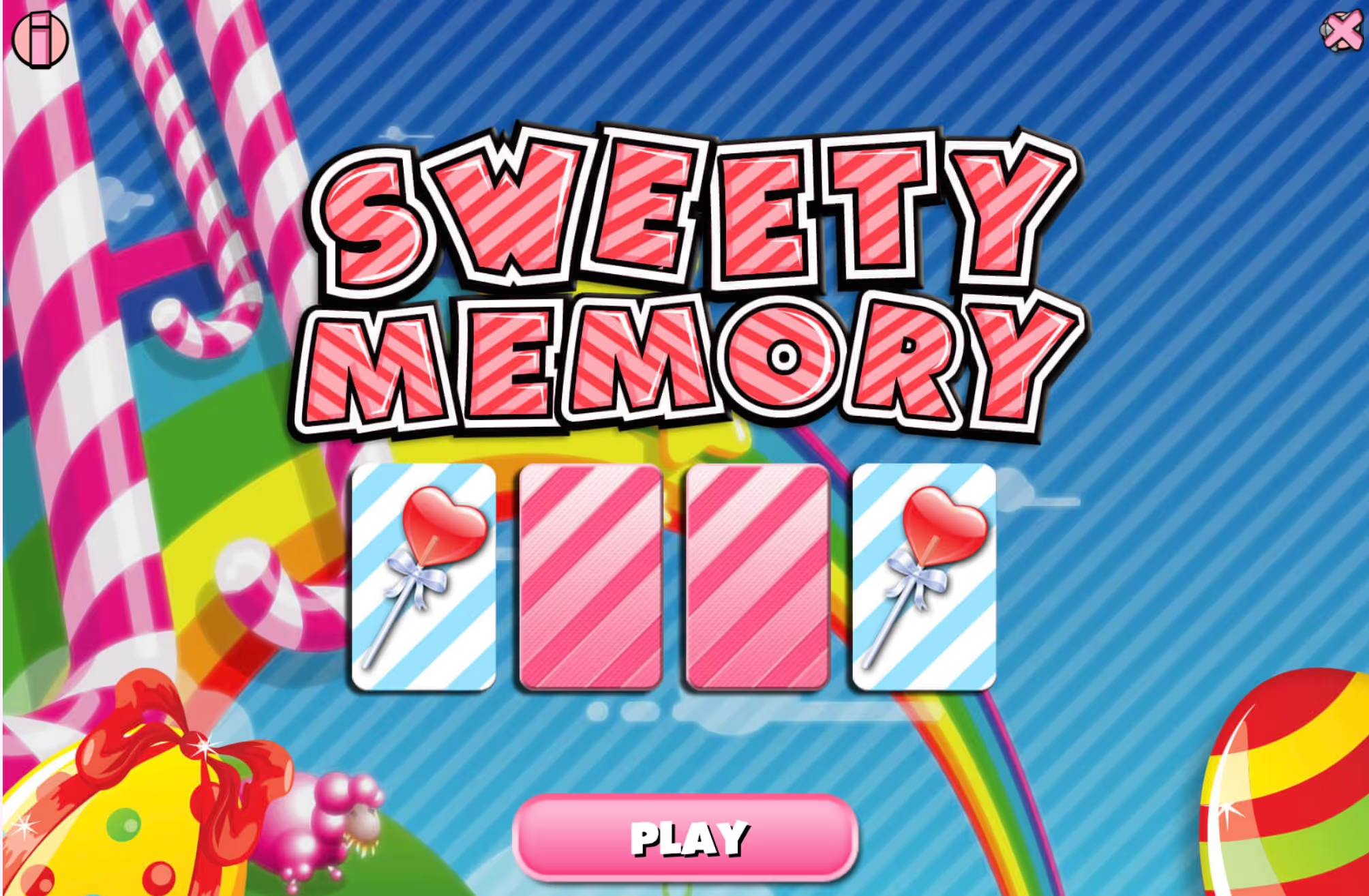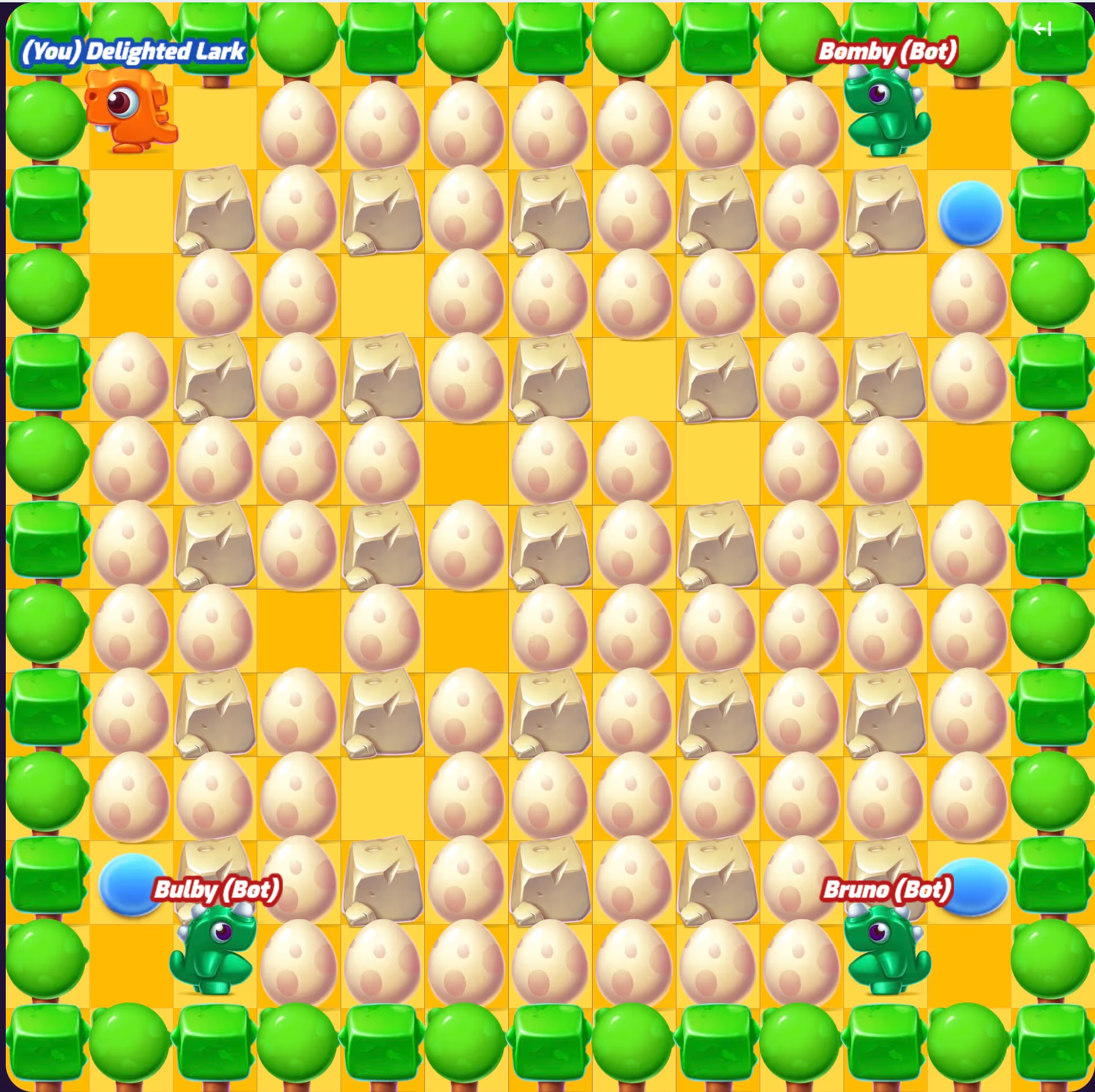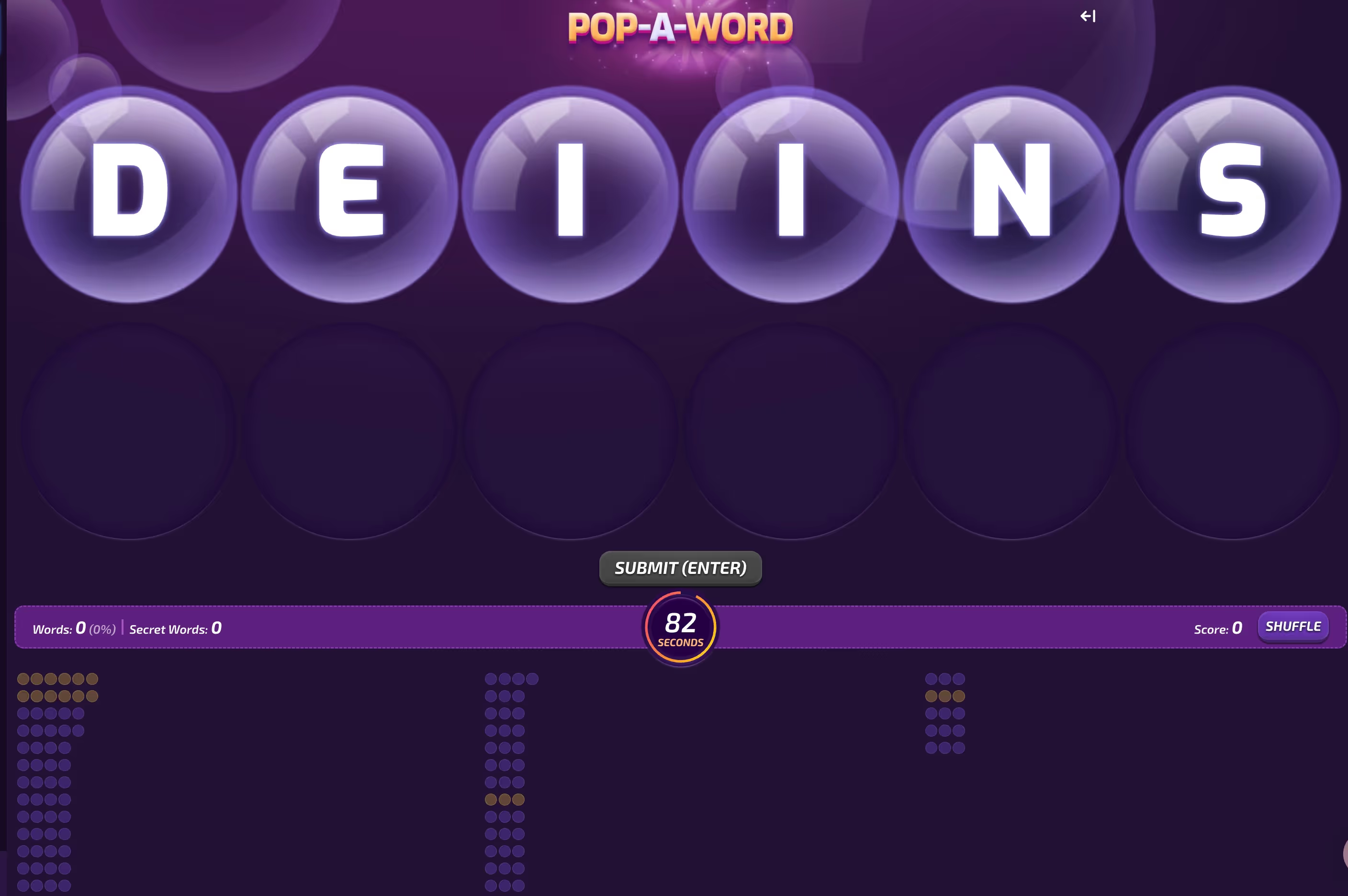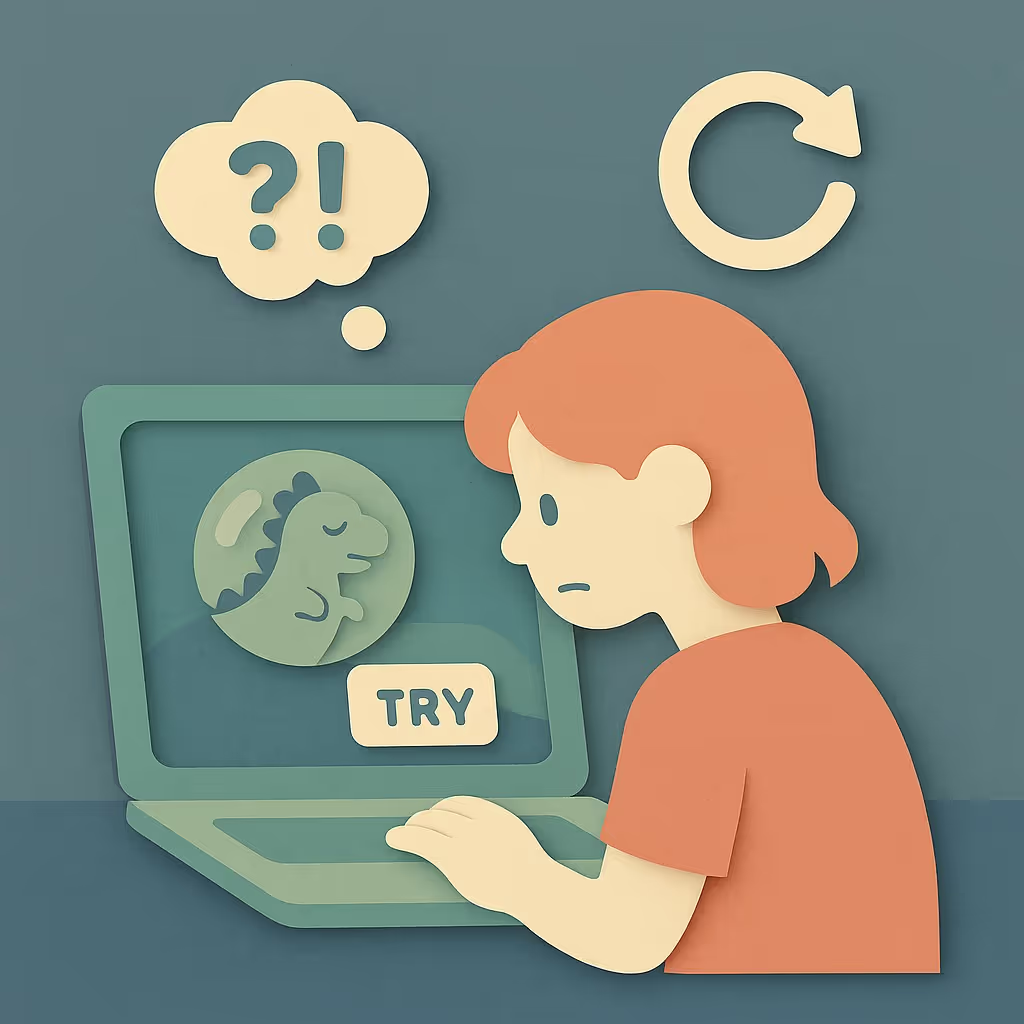Single and Multiplayer games on PlaySpace can be a great way to support that kind of growth. Here are four games that offer natural moments where players hit a wall, feel stuck, or just want to win but cannot yet. These are moments therapists can use to support clients in building self-regulation, emotional flexibility, and persistence.

Sweety Memory
A fast-paced memory game where players flip cards to find matching pairs of candy before the clock runs out. Each round adds more cards and less time, so the challenge ramps up quickly.
Clients might feel frustrated if they forget a match or run out of time right before finishing a level, which is often where the real work begins. In those moments, they get to notice their reaction and decide whether to try again.
This game supports conversations about pressure, performance, and how clients respond to time limits or small mistakes. It is also useful for introducing the idea that making errors is part of learning.

My Pet Clinic
This slower-paced game invites players to take care of sick animals using different interactive tools. Each pet presents a new challenge that requires attention, patience, and following instructions closely. If something goes wrong, players don’t fail. They simply try again.
This low-stakes environment is ideal for clients who struggle with anxiety around getting things wrong. Therapists can use this game to observe how clients handle step-by-step processes, delayed gratification, or situations where progress is not immediate.

Dino-Might
A chaotic survival game where players use bombs to trap each other in bubbles while dodging falling meteors. Although there is no real game over, players still feel the sting of being temporarily out of action or losing a round.
It encourages flexibility and bounce-back thinking, especially when things do not go their way. This is useful for exploring how clients respond to competitive stress, whether they can regroup quickly, and how they relate to winning and losing in a group setting.

Pop-A-Word
A word scramble race where players create as many words as possible before time runs out. The game can trigger frustration when the letters seem impossible to work with or when others score more.
Therapists can encourage clients to stay with the discomfort of being stuck or reflect on what it felt like to push through and discover a word under pressure. The game rewards persistence, strategic thinking, and managing performance anxiety in real time.
Games like these were not designed specifically for frustration tolerance, but they offer countless moments to practice it. In the middle of a missed move or a moment of hesitation, clients are doing more than just playing. They are learning how to stay with themselves when things get hard. Each pause, restart, or deep breath becomes part of their emotional toolkit which is practiced in play and carried into life. The next moment of growth could be one click away. Log in and see what new games your clients can grow through.

Lorem ipsum dolor sit amet, consectetur adipiscing elit, sed do eiusmod tempor incididunt ut labore et dolore magna aliqua. Ut enim ad minim veniam, quis nostrud exercitation ullamco laboris nisi ut aliquip ex ea commodo consequat. Duis aute irure dolor in reprehenderit in voluptate velit esse cillum dolore eu fugiat nulla pariatur.
Block quote
Ordered list
Unordered list
Bold text
Emphasis
Superscript
Subscript
.avif)
Subscribe to our weekly Newsletter
By clicking 'Submit,' you confirm that you have read and agree to the Privacy Policy, Terms of Use, and Customer Agreement.